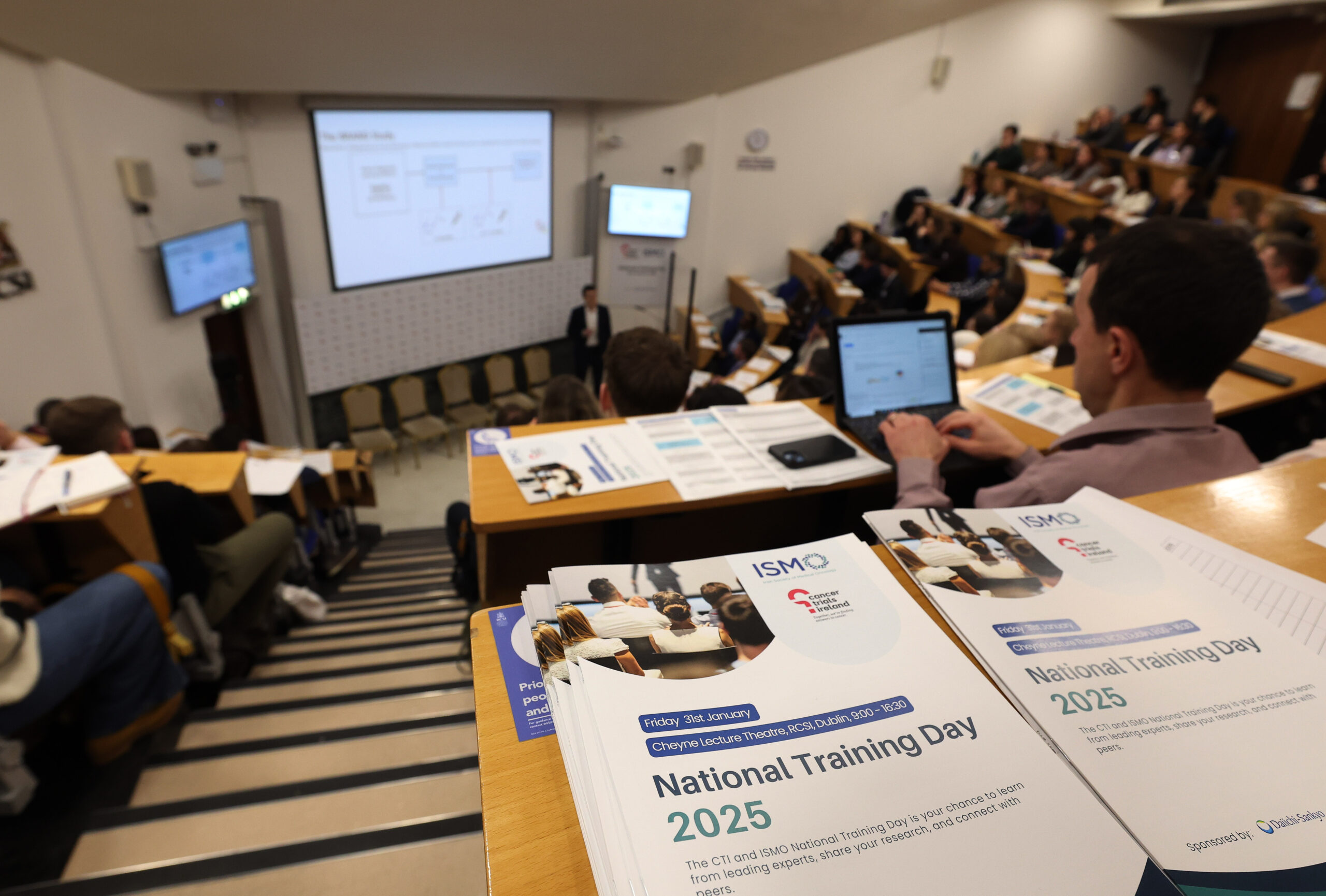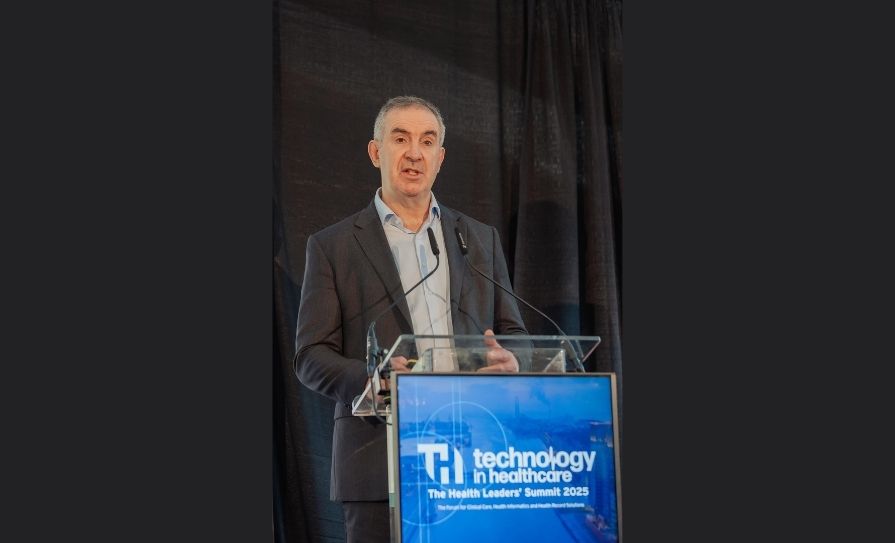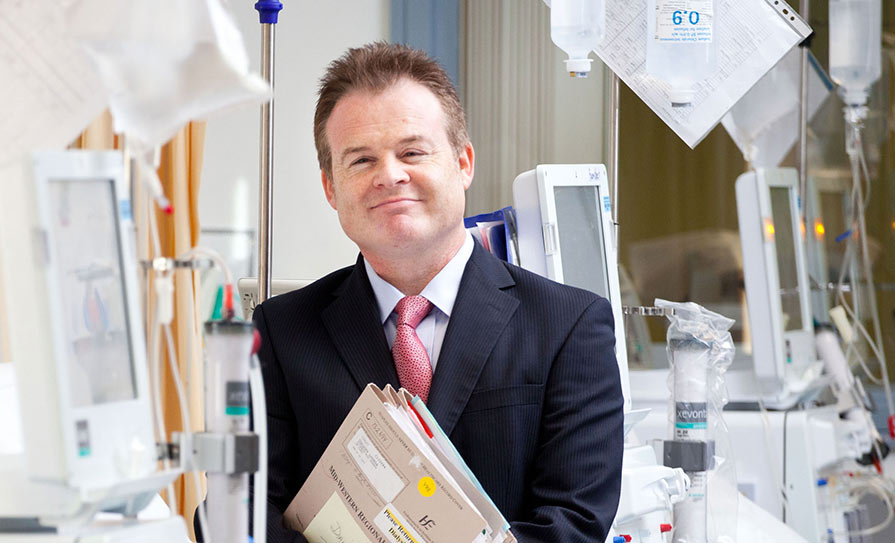The ISR Young Investigator Award 2020 was presented to Dr Rachael Flood for her work on Covid-19 infection and hospitalisation rates in patients with rheumatic diseases. Dr Flood, who is in her fourth year of rheumatology specialist registrar training at Tallaght University Hospital, Dublin, presented data from the Trinity Rheumatology and Covid-19 registry (TRACR) study, established following the emergence of Covid-19 in Ireland.
In her online presentation to ISR delegates, Dr Flood noted that people with inflammatory rheumatic diseases (IRDs) may be at an increased risk of serious Covid-19 infections.
She highlighted that TNF inhibitors and other biologic drugs are associated with higher risk of serious Covid-19 infection compared to other conventional synthetic (CS) disease modifying anti-rheumatic drugs (DMARDs). She pointed out, however, that the risk for serious infection is not equal across all patients, and that certain risk-factors, such as age and co-morbidity for instance, are important. However, she highlighted that some data suggests TNF inhibitors may be associated with reduced risk of sepsis among patients hospitalised with Covid-19 and that many anti-rheumatics drugs are in clinical trials to treat various manifestations of severe Covid-19.
Referring to data from the EULAR Covid-19 database, a repository of data on EU paediatric and adult patients monitoring and reporting outcomes of Covid-19 in patients with rheumatic and musculoskeletal diseases, Dr Flood stated that a lack of accurate clinical data exists in Covid-19 registries for patients with inflammatory rheumatic diseases (IRDs).
…some data suggests TNF inhibitors may be associated with reduced risk of sepsis among patients hospitalised with Covid-19 and that many anti-rheumatics drugs are in clinical trials to treat various manifestations of severe Covid-19
There is a bias, she said, towards reporting of patients already hospitalised. She added that there is no known denominator of the population at risk.
Data from the Global Rheumatology Alliance (GRA), a physician reported registry, she remarked, shows a 46 per cent hospitalisation rate for Covid-19 infection in patients with IRDs.
However, a New England Journal of Medicine (NEJM) paper, shows a 16 per cent hospitalisation rate. The two results, Dr Flood believes, suggest a potential reporting bias in the registry data toward hospitalisation.
“Although GRA data provides useful information on disease morbidity patterns its design, which fails to account for the denominator risk, has been unable to provide disease incidence data for comparison,” said Dr Flood.
The aim of the TRACR study, conducted by members of rheumatology departments at Tallaght University Hospital and St James’s Hospital, Dublin, was to collect demographic, disease status, immunotherapy and hospitalisation information on all rheumatology patients diagnosed with Covid-19 in the TUH and SJH catchment area, thus eliminating reporting bias seen in other registries.
Around 7,500 patients with rheumatic diseases were contacted up to 3 June 2020 and cross referencing with test centre positive polymerase chain reaction (PCR) results and mortality data was performed to ensure complete collation of cases. At total of 78 PCR or physician diagnosed Covid-19 cases were identified, 68 of which were community-acquired cases. Dr Flood said 10 hospitalisations were recorded and eight deaths.
The study found no significant differences in cumulative incidence/100,000 of Covid-19 between IRDs and non-IRDs and hospitalisation rates for community acquired Covid-19 in IRD at 15 per cent was equivalent to national figures (13 per cent). Hospitalisation was more likely to occur in those receiving or in those with type 2 diabetes.
An analysis of IRD patients with community-acquired infection, hospitalisation was statistically less likely in patients receiving long-term biological therapies. Dr Flood noted, in conclusion, that “although our dataset is small, these results indicate that anticytokine therapy is associated with lower hospitalisation rates following community acquired infection of Covid-19 in patients with IRD”.
“These results suggest that treatment with immunosuppressive biologic therapies does not lead to poorer clinical outcomes and may in fact be protective through a potential role in preventing hyper-inflammatory syndrome.”
Work is planned to capture national data on community-acquired Covid-19 infection in patients with IRDs.













Leave a Reply
You must be logged in to post a comment.